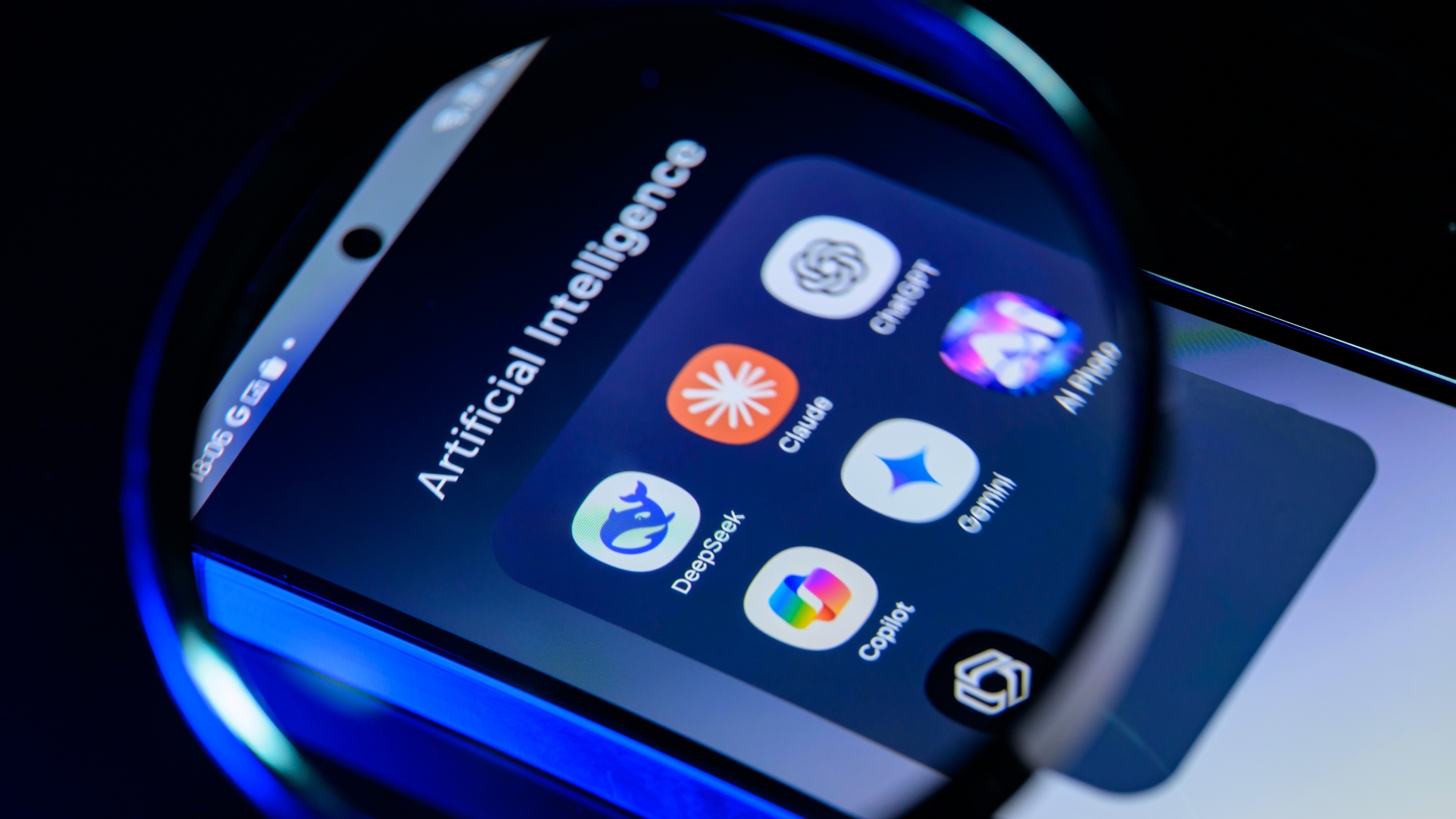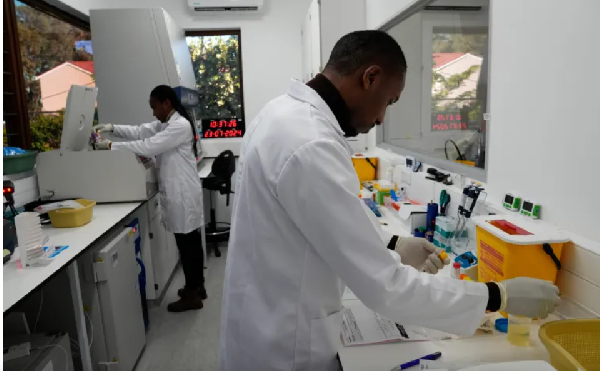A new report claims AI chatbots have minimal market effects

Generative AI has seemingly revolutionized the world as it gains broad adoption across organizations. Aside from privacy and security concerns, the technology has started to raise concerns among professionals over their job security. Tech leaders, including Microsoft co-founder Bill Gates, predict that AI will replace humans for most things. However, Gates claims that we'll have the chance to preserve sentimental tasks for ourselves, jokingly indicating that no one would like to watch "computers playing baseball". However, it's not all bad. According to Microsoft's latest Work Trend Index report, most organizations are integrating generative AI into their workflows to make work easier by automating repetitive tasks, creating ample time for employees to focus on more important things. Interestingly, a new report by the University of Chicago's Becker Friedman Institute for Economics wants to set all these concerns aside. It claims that AI-powered chatbots such as Google's Gemini AI, ChatGPT, Claude, and even Microsoft Copilot have minimal to no impact on wages or employment (via TechRadar). Are "Large Language Models" making no impact? OpenAI and DeepSeek AI apps. (Image credit: Getty Images | Bloomberg) According to the report: "While AI chatbots are now widely used – saving users time and creating new job tasks, especially in workplaces that encourage their use – their overall impact on the labor market remains limited." It's worth noting that the study was based on data collected from approximately 25,000 workers in Denmark across 11 AI-exposed occupations. Per the study's findings, the emergence of AI hasn't contributed to any significant changes in earnings or working hours despite the integration of AI-powered tools into the workforce. Get the Windows Central Newsletter All the latest news, reviews, and guides for Windows and Xbox diehards. Contact me with news and offers from other Future brands Receive email from us on behalf of our trusted partners or sponsors While organizations have been quick to hop onto the AI bandwagon with firm-led investments adoption rates rising from 47% to 83%, the study finds that AI-powered tools haven't had a significant impact on the employees' output — only saving 2.8% of their time at work, which translates to a little over an hour in a 40-hour week. The report goes on to claim that AI has created new tasks for 8.4% of workers for roles like monitoring AI-aided cheating, prompt engineering, and AI output editors, which add to their existing workloads. Perhaps more concerning, the report indicated that these roles increased workloads most of the time. As such, time savings only translated into higher earnings a mere 3-7% of the time. This isn't the first time a report has countered AI's expected impact on society. Last year, a separate report suggested that very few people are using tools like ChatGPT, and the hype is being misconstrued as actual public interest.



















